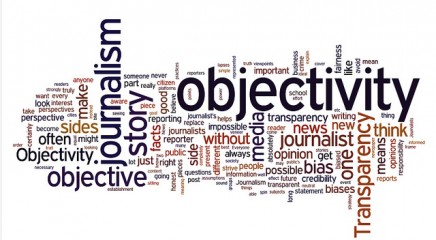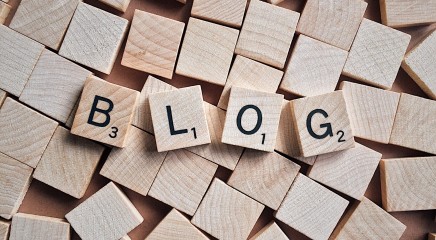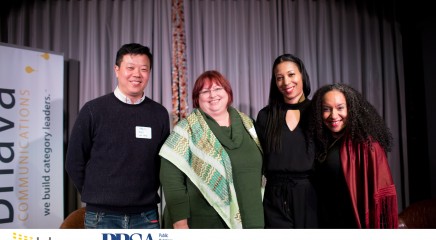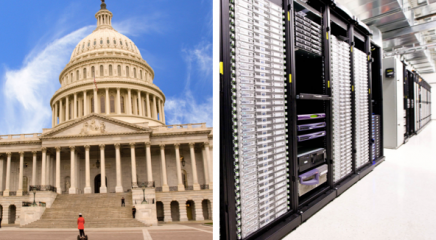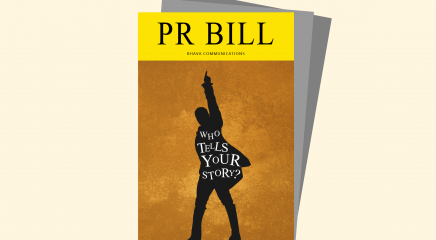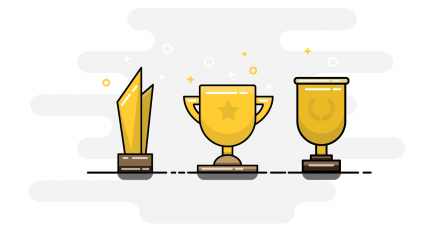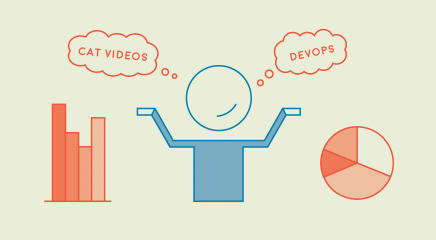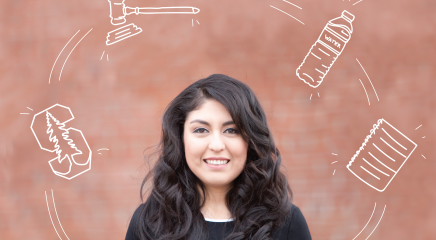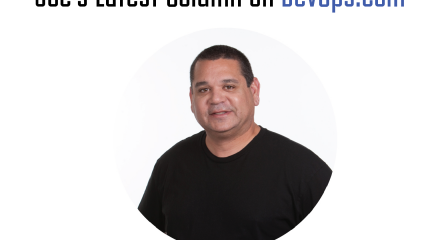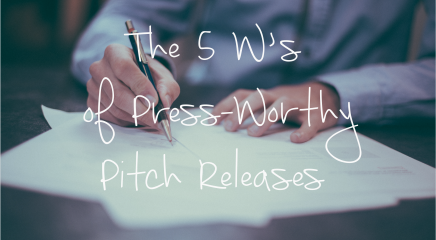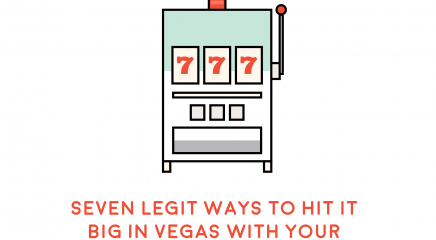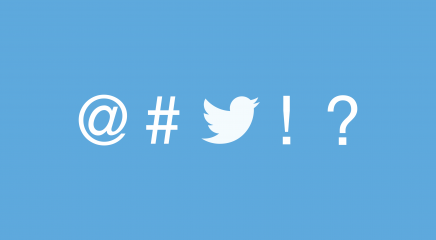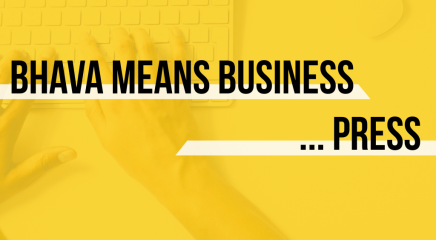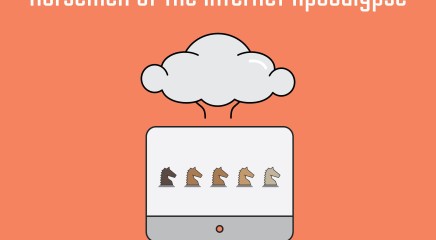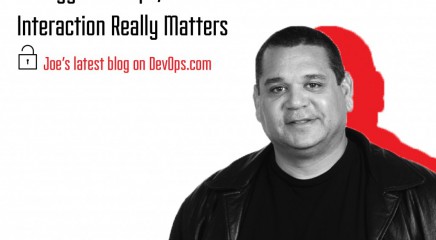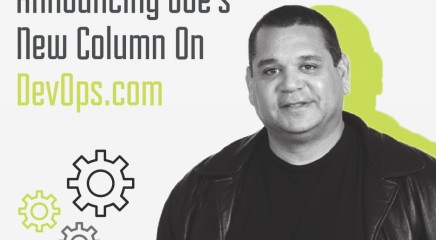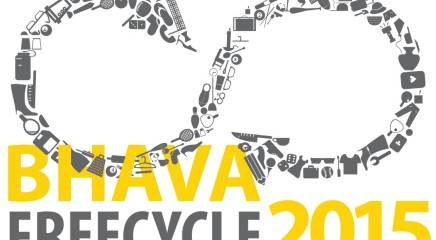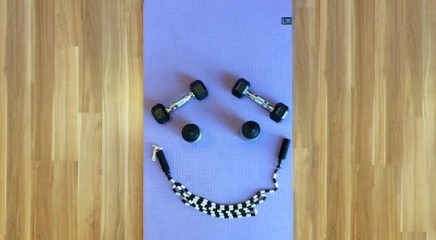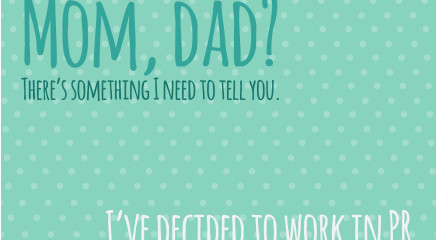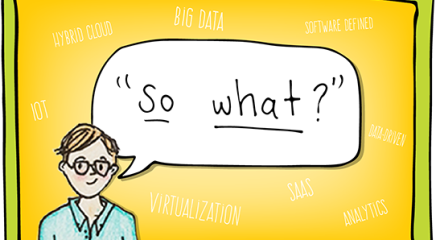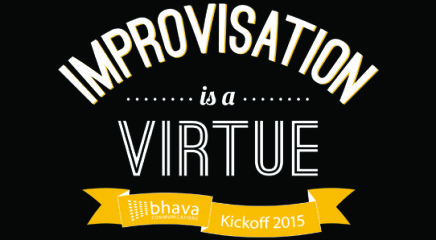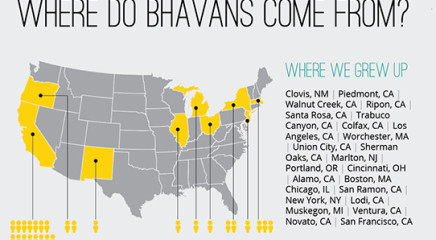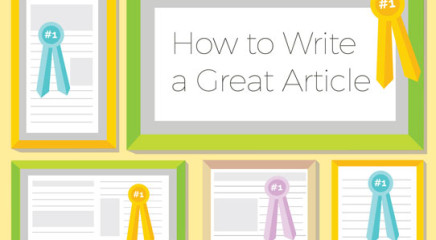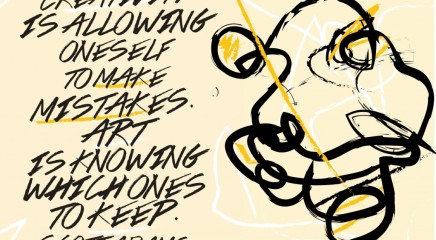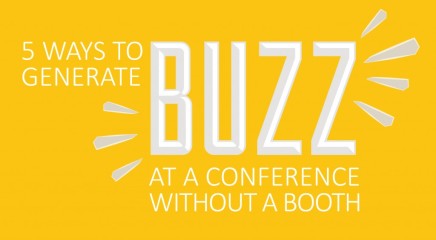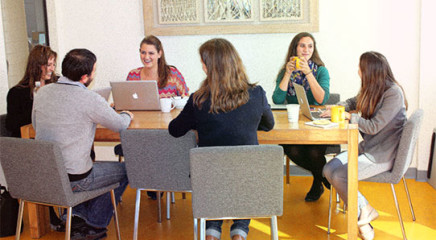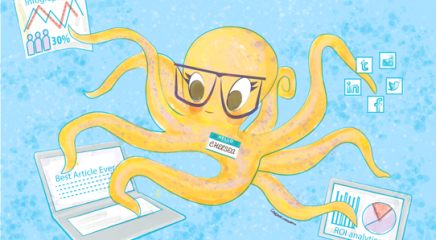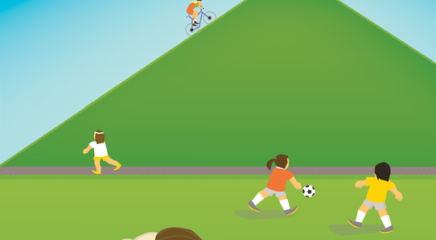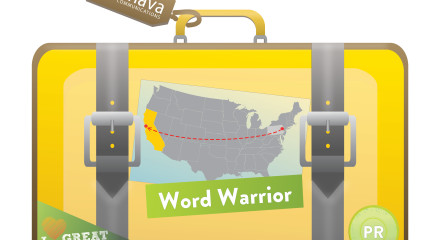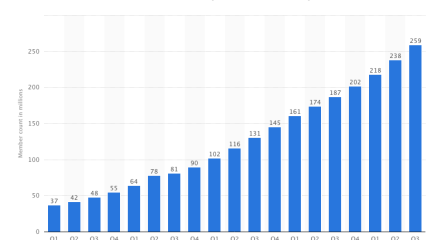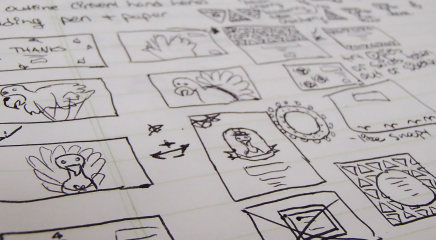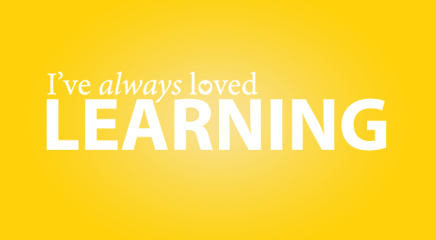Three “Zen Workplace Habits” to Help Navigate Change
As communications professionals, a core part of our job is to navigate and deal with change on behalf of our clients. What does that mean? We are constantly bombarded with change – for example, inbound requests from reporters or analysts; scheduled plans needing to be re-scheduled once, twice, or many times due to executives’ unexpected customer or partner meetings; or breaking industry news shifting media priorities for the press, the client or both. This is a daily reality for those of us working in tech-focused communications firms in Silicon Valley, since the Valley is a hub of innovation and things move and change here at such a fast pace. The companies we work with in the Valley are creating the most cutting edge technologies and are incessantly evolving. My teammates and I love this kind of fast-paced, ever-changing environment because it offers the right challenges to help us grow as PR and marketing professionals. Though it can be a bit stressful at times, we’ve learned to practice a few “zen habits” to help alleviate the stress that constant change can create. They help us embrace change and thrive in a career that’s always in motion. Here are three “zen habits” that we practice at Bhava each day to help us maintain the energy and calm needed to navigate change for our clients:
1. Be mindful.
To truly be “mindful,” you’ll need to be aware and pay attention in a very particular way so that your mind is only focused on the present moment. For example, when responding to an email, you may notice that your mind starts to wander off to another topic other than your email. Perhaps, you start thinking about a birthday party you are planning for the weekend, a bill you need to pay or a disagreement you had with a friend or significant other earlier that morning. To truly be mindful on your present task, become aware that your mind is wandering and call it back to the center of attention.
Being mindful takes constant practice, but if your experience of it is anything like ours, over time it will genuinely help with all facets of your work. It will help you focus on the task at hand to get it done more efficiently and accurately, which increases your clients’, your team’s and your own satisfaction with your result. It also helps divide multi-tasking into manageable segments, so all those spinning plates start to feel like they are spinning one at a time. Most importantly, we believe it helps with how we react to change on behalf of our clients. A lot of the time, we can’t control the things that happen, but what we can control is how we react to these situations. If we are able to completely be aware and mindful of the nuances of a situation, we are able to act logically and calmly, and not react based on emotion.
2. Reduce clutter and increase flow.
If your work environment is cluttered, your mind will be as well. As much as we often perceive the mind and body to be separate, they aren’t. Since it is extremely difficult to separate the physical from the mental, your environment has great influence on your mind, whether you realize it or not.
Take a few minutes (or an hour if you need it) to reduce the clutter around your desk and see what happens. Reposition furniture so that there is good energy flow throughout your office and your immediate work area. Imagine water entering through your front door…. where would the water stop flowing and stagnate? At Bhava, we believe that our work environment is critical to the quality of our work, which is why we have an open office (read: no cubes!), with a lot of natural lighting, plants and great energy flow. Recreate your office space so that it is conducive to creativity and inspiration.
3. Take Walks.
It’s very important to step out of the office a few times a day. We find that taking short walks on a busy day helps reignite and refocus our energy. There are countless studies that document the health benefits of walking. Walking helps boost your mood, fights memory problems and keeps the brain younger.
At Bhava, the best time for us to take walks is in the mid-afternoon after lunch. We find that walks during this time reignite our energy and helps us avoid mid-day sleepiness. As you may now, there seems to be a natural rhythm in our bodies that make us a little sleepy in the afternoon after lunchtime. Taking walks helps us combat this energy lull. We also find it helpful to focus on breathing during walks; it clears the mind and makes room for inspiration. Fresh air and a new environment can often bring about new and improved ideas and strategies.
These things may seem simple but sometimes people don’t give themselves permission to do the simple things at work. Let yourself be mindful, reduce clutter and increase flow, and take walks. See if a little more zen in your worklife can help you feel more at ease and do a better, more satisfying job for your clients.


